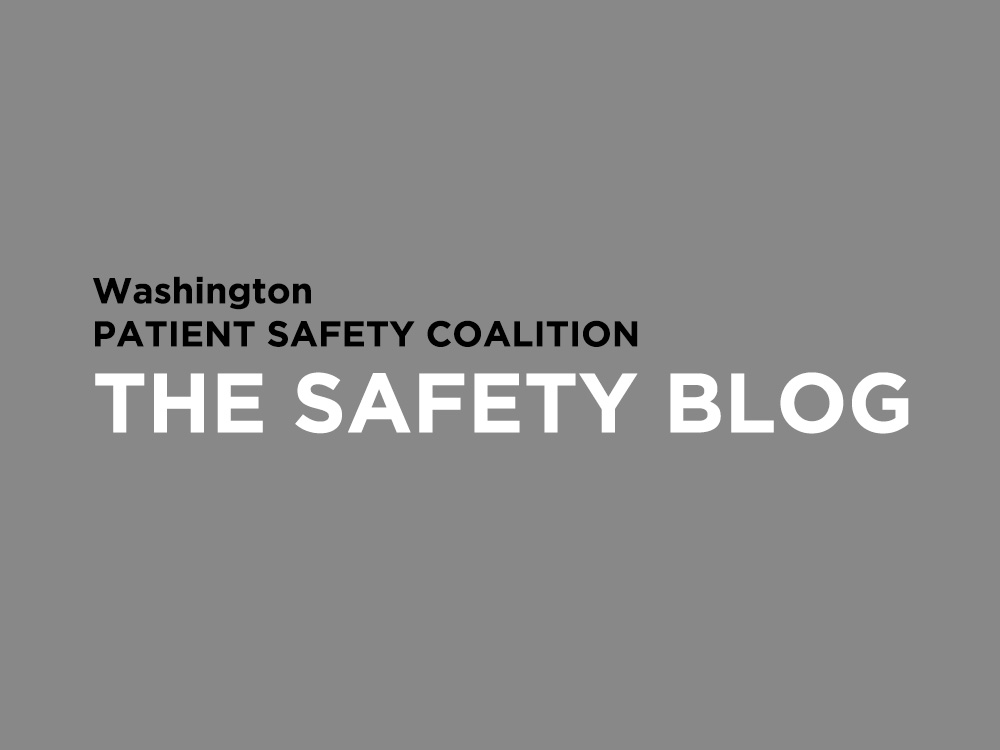- FHCQ Foundation for Health Care Quality
- COAP Care Outcomes Assessment Program
- Spine COAP Care Outcomes Assessment Program
- SCOAP Care Outcomes Assessment Program
- OBCOAP Care Outcomes Assessment Program
- CBDR
- Smooth Transitions
- WPSC Patient Safety Coalition
- Bree Collaborative Bree Collaborative
- Health Equity Health Equity
- Admin Simp
- Contact Us
The Dresser Drawer Episode: A Poster Child for Medicine Lists

The Dresser Drawer Episode: A Poster Child for Medicine Lists
[two_third]
I opened my father’s dresser drawer and was stunned to see a multitude of pill bottles, all with their caps off, some empty, and a handful of various pills lying in the drawer.
“Pop, what are all these pills?” I asked.
He looked at the drawer and said, “The doctor gives them to me.”
I picked up a small bluish capsule. “What’s this one?’
He looked at it and said “It’s my heart pill.”
I asked, “What does it do?”
“I don’t know,” my dad said. “It’s for my heart”
“Why are the caps off, Pop?”
He replied, “I have trouble getting the caps off so I just took them all off at once so I don’t have to do it every time I want a pill.”
There were at least 20 bottles in the drawer.
So here is my 87 year old father, frail, very sick, dying of cancer, he has a drawer full of drugs, and he has no idea what many of they do. Maybe he gets the right pill at the right time, but who knows? He probably just picked them off the drawer bottom if it was easier. I looked at the bottles and found that five different doctors were prescribing drugs for my dad, for problems ranging from cancer to acid reflux to overactive bladder. Was anybody looking at the big picture? Did all these doctors all know what Pop was taking, and why? Pharmacies can check for potential drug interactions, but what if Pop went to different pharmacies, and didn’t tell the pharmacist about the other drugs he was taking? He could get a drug that might interact with another he was on, and that could be fatal.
It got worse. Pop had four kinds of pain medication, some of which are absolutely inappropriate for treatment of the elderly because they are so powerful. Was he taking all of them? And why did he have four bottles of oxycodone?? And enough benzodiazepines to tranquilize a small city??
What in the world was going on here? How could anyone expect a dying old man to keep track of 20 different medications? Had anyone tried to reconcile his meds? Why didn’t he have a personal medicine list? (Answer – nobody had suggested it, and he didn’t know it was a good idea to ask for one. He assumed “the doctors” were taking care of all that).
The reality is that my dad’s experience is not uncommon. At the same time he was coping with his illness and probably dealing with the enormity of the fact that he was dying, he was also trying his best to navigate a system that, for all its brave words about safe care, sets up patients and their families for failure. Sometimes that failure is deadly. That failure routinely occurs when someone sees more than one doctor. It isn’t unusual for two or even three doctors to be treating a patient and for each of them to have no idea there are other physicians involved with their patient. Patients don’t always tell you everything they know – my dad didn’t because his health situation was complicated, he couldn’t remember everything that every provider told him. It was too hard for him to repeat his story every time, so he said only as much as he had to. He couldn’t ask my mom for help. She was struggling with end-stage dementia.
I think a lot people are just like my dad – they take the pills because the doctor said so, “as directed,” rarely understanding what the medication will do beyond knowing “it’s for my heart.” They do the simple thing because the system is too complicated and difficult to navigate.
I tried not to think about why he was hoarding all those painkillers.
By WPSC member Alan Harney. His father was Robert Harney, who passed away on December 5th, 2005.
Comments? Share with us here.
[/two_third]
Recent Posts
- TakeCharge This Patient Safety Awareness Week: 5 Steps to Safer Healthcare
- Stigma & Bias in Healthcare: The Obstacles, Consequences and Changes Needed
- Agility in Crisis: How The Everett Clinic responded to COVID-19
- Collaboration over Competition: How Pediatric Hospitals Can Thrive When They Work Together
- Reducing Stress for Health Professionals During the COVID-19 Pandemic

